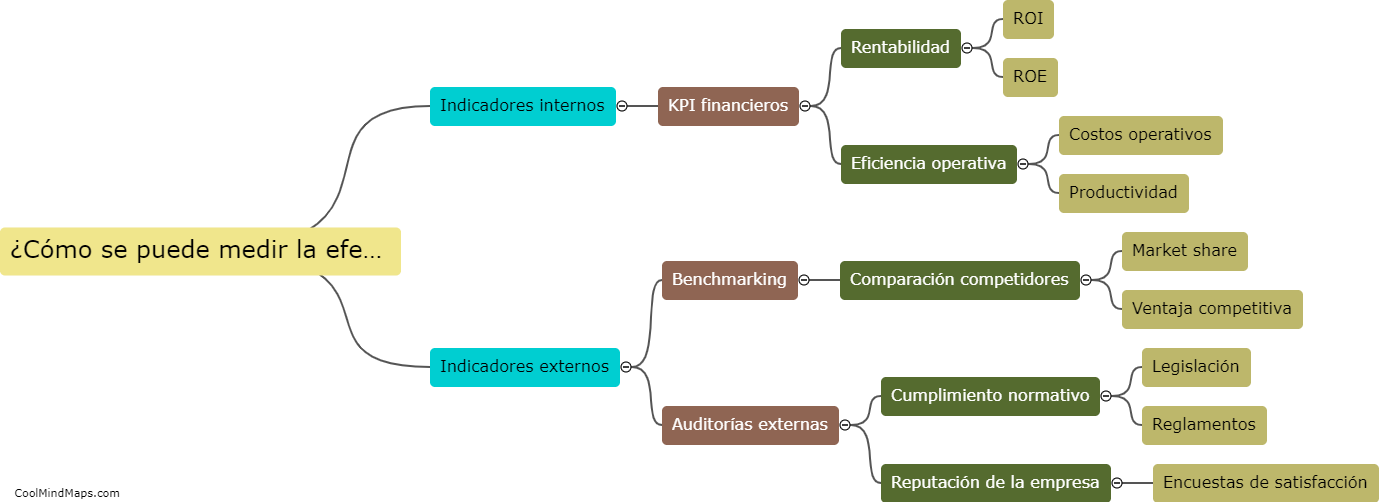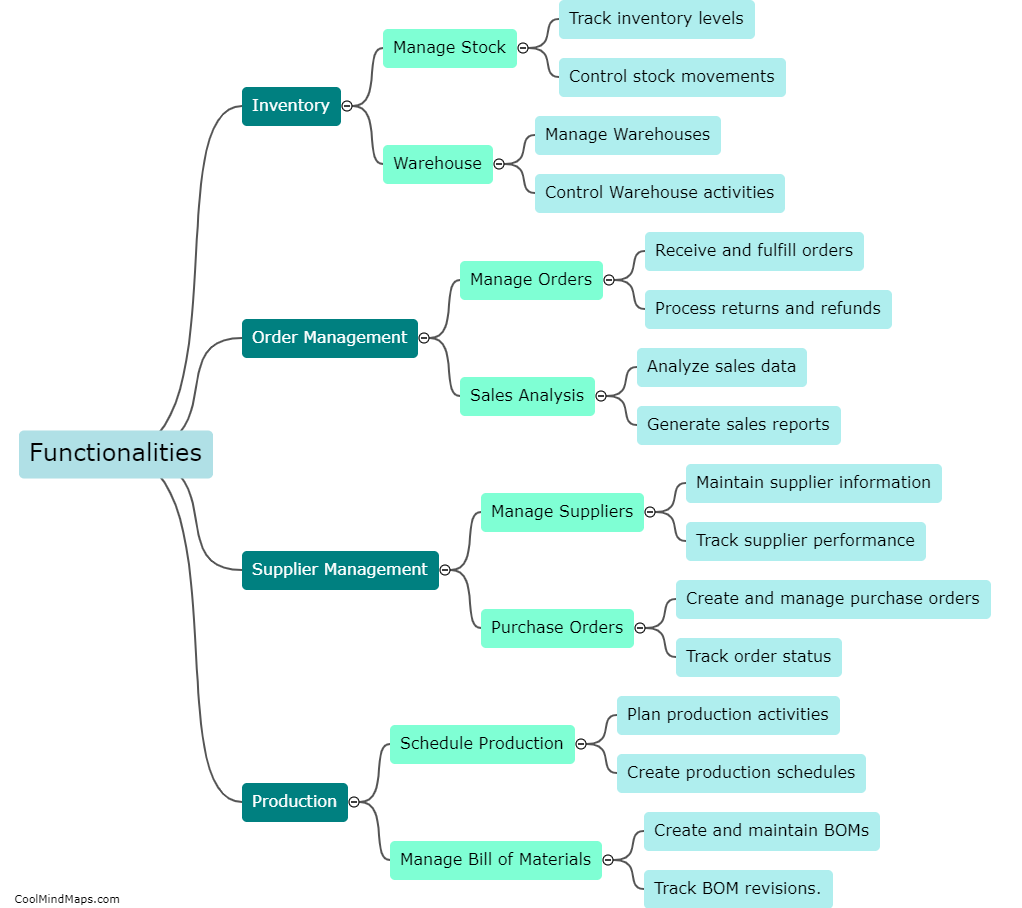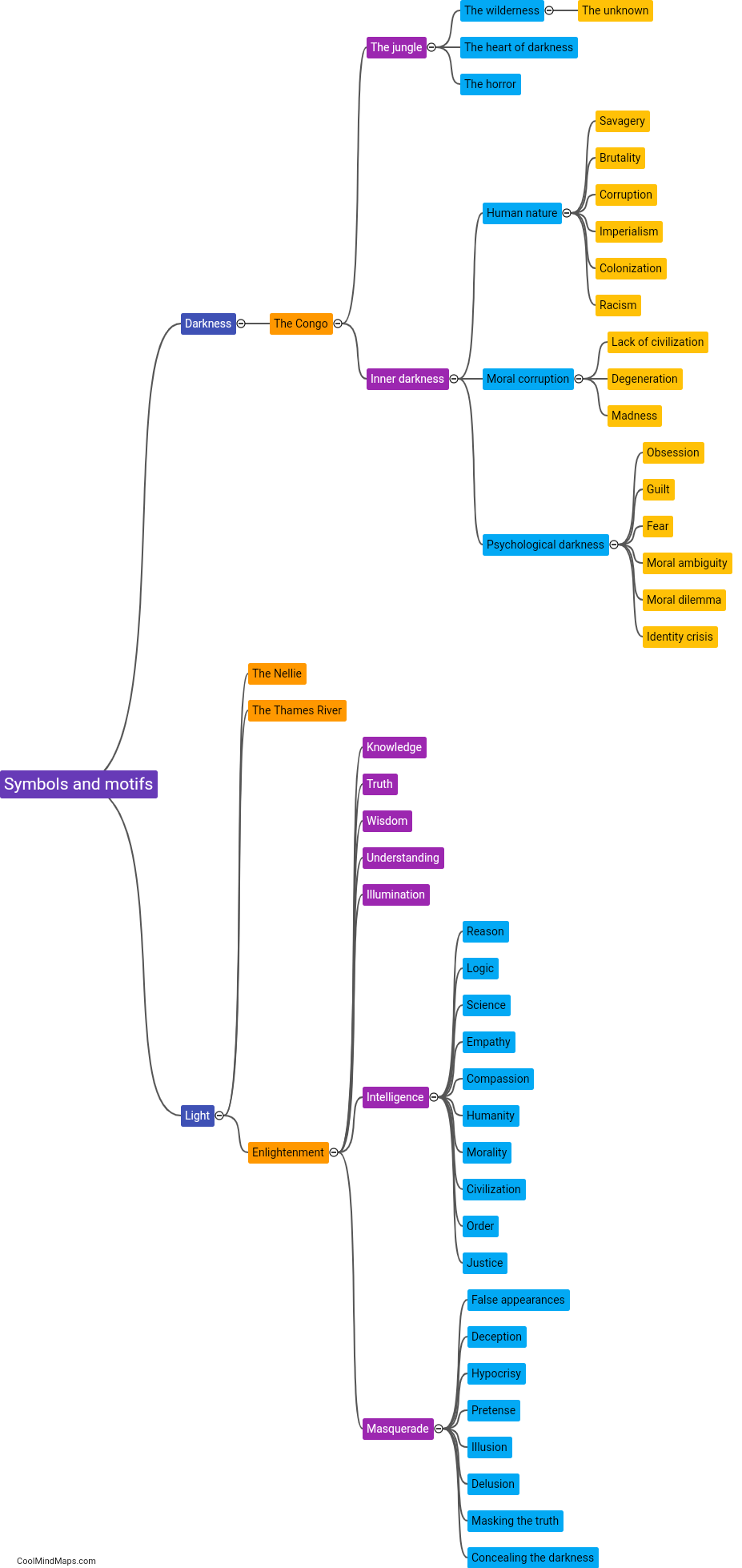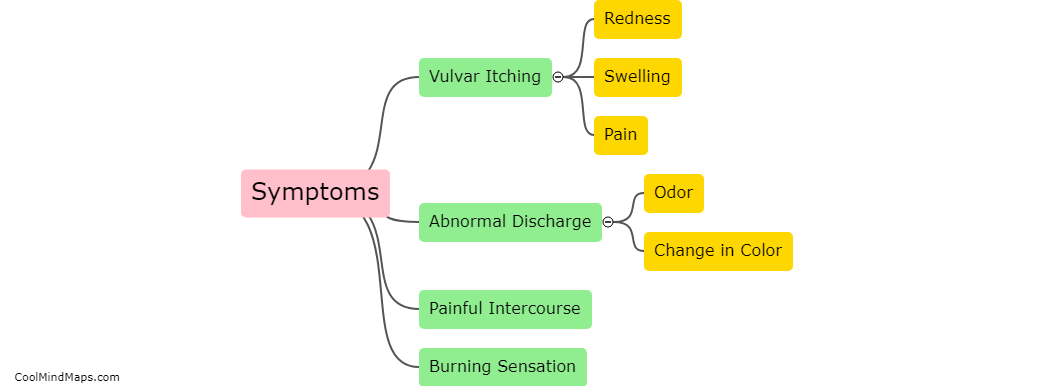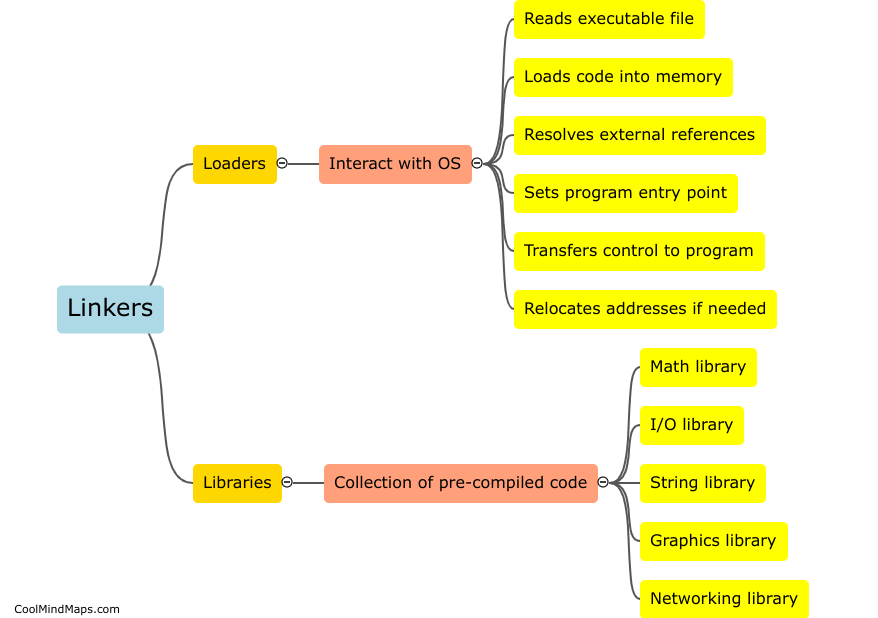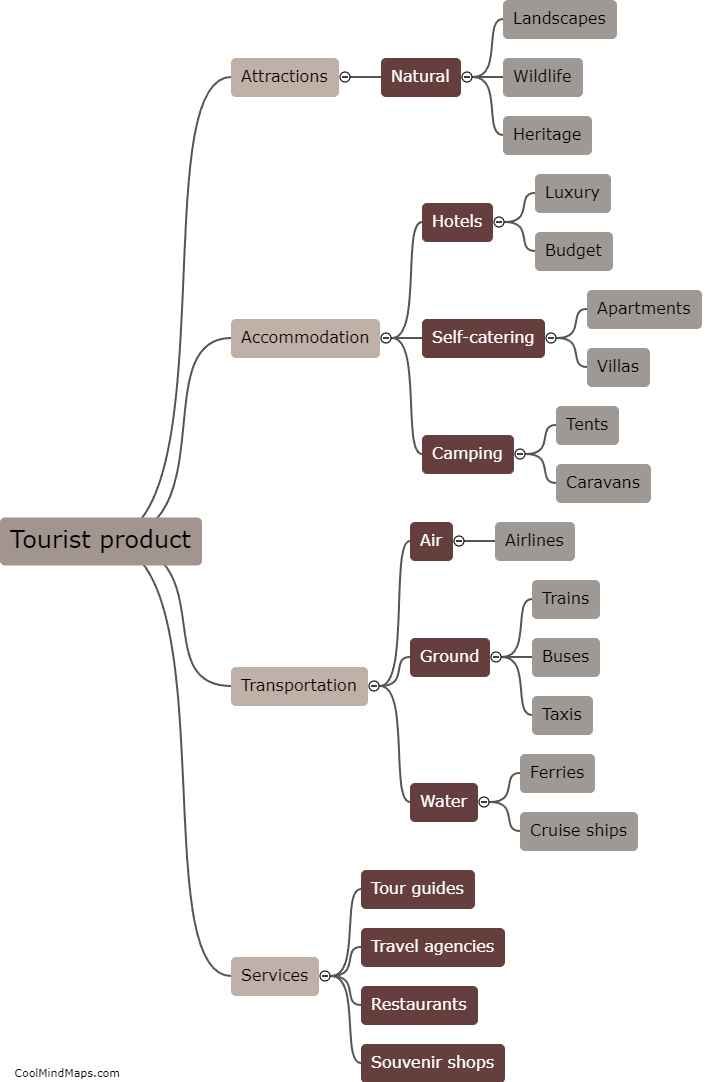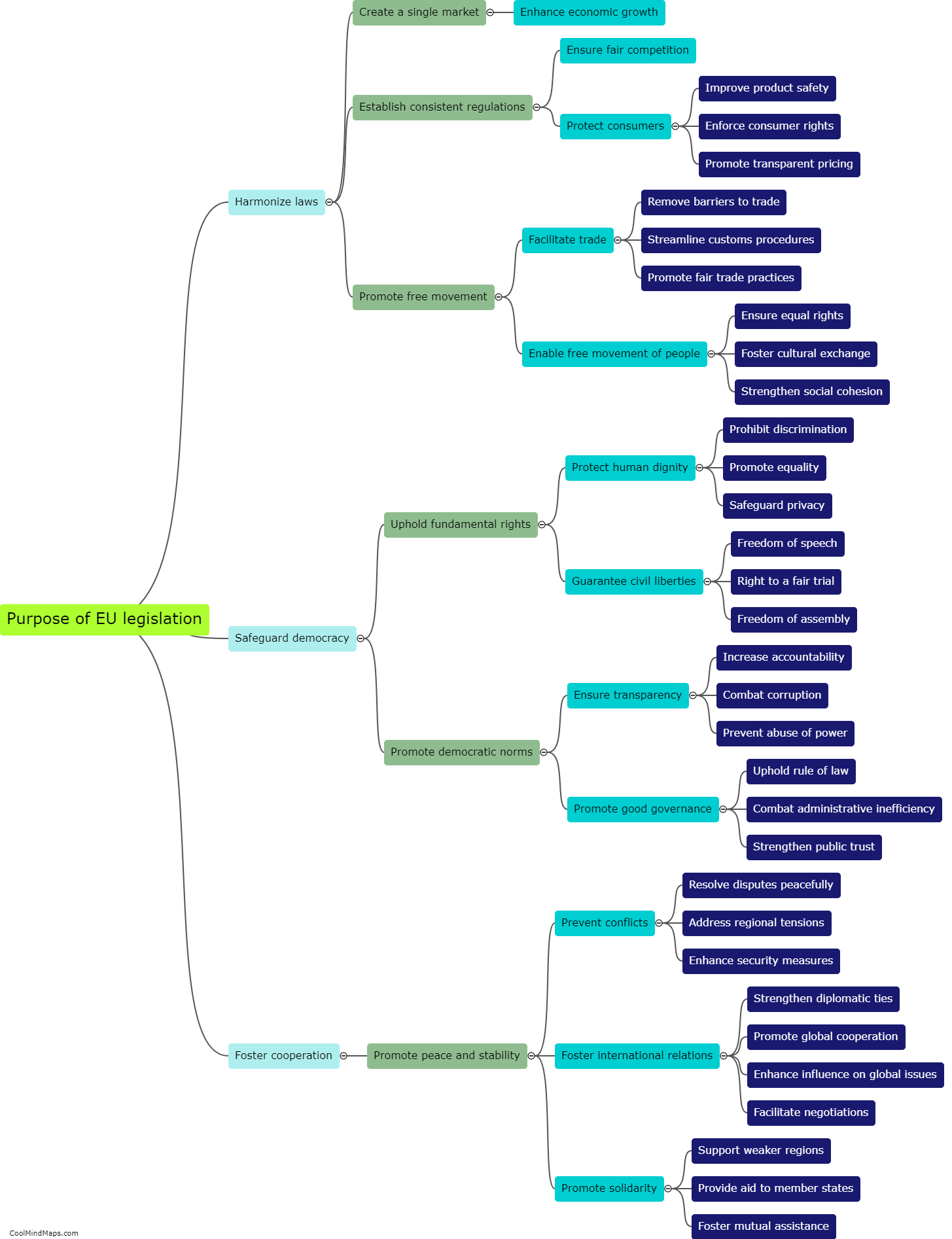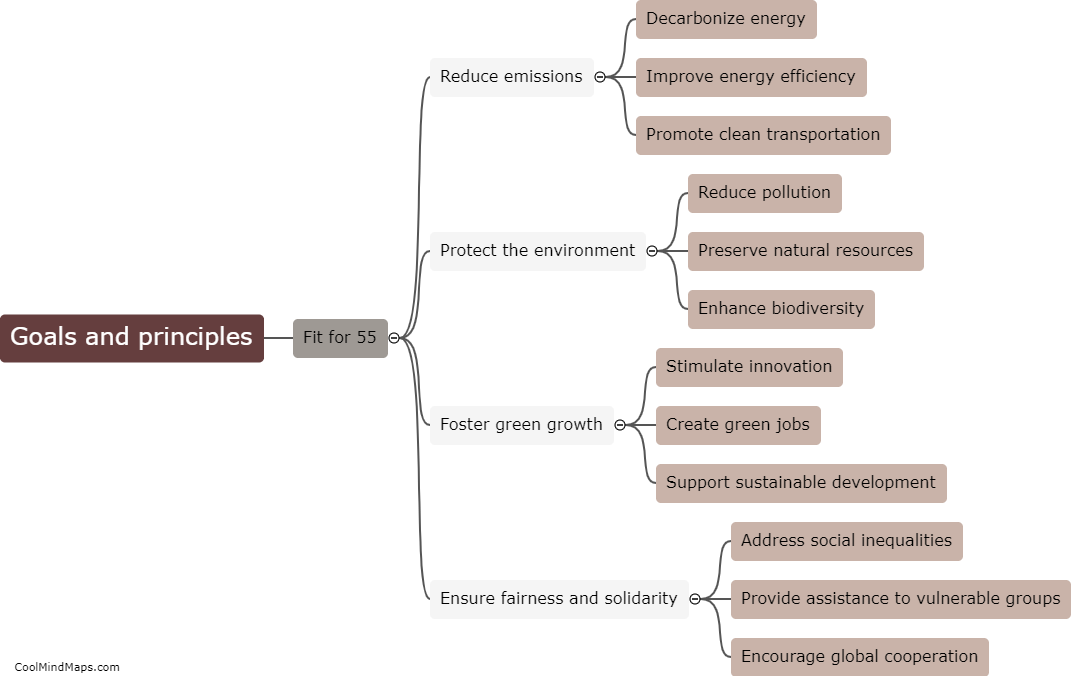How do linkers, loaders, and libraries contribute to program execution?
Linkers, loaders, and libraries play a crucial role in program execution by providing key functionalities and capabilities to the software. Linkers are responsible for connecting multiple object files and resolving any external symbols or references to create a single executable file. They combine various modules of code, such as libraries and object files, into a cohesive program. Loaders, on the other hand, are responsible for loading the program into memory, allocating necessary resources, and preparing the executable for execution. They handle tasks such as relocation, dynamic memory allocation, and initialization. Libraries, meanwhile, contribute by offering a collection of precompiled code and functions that can be used by multiple programs. They provide a set of reusable modules, helping reduce duplication of efforts and improving efficiency while executing a program. Overall, linkers, loaders, and libraries work together to ensure that a program is correctly linked, loaded into memory, and able to access required functionalities for smooth execution.

This mind map was published on 16 November 2023 and has been viewed 104 times.


